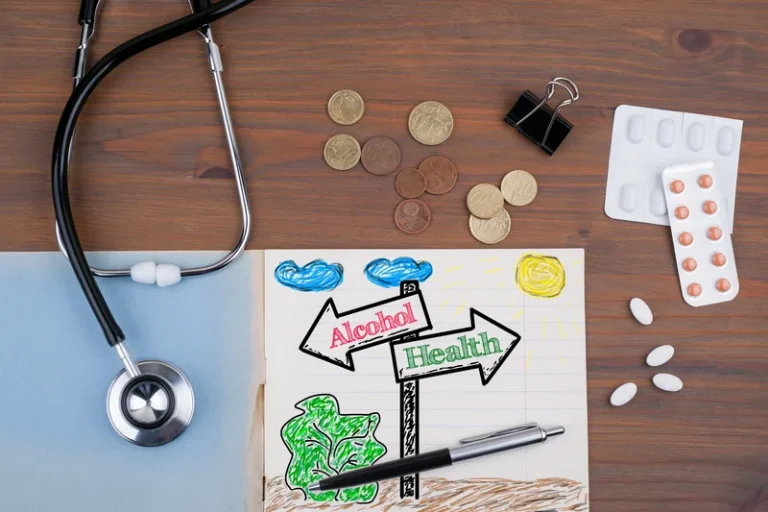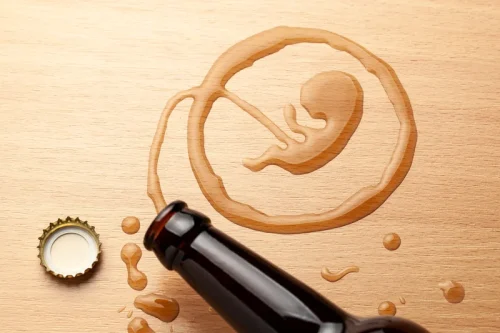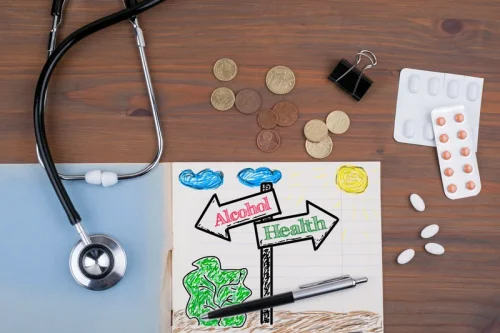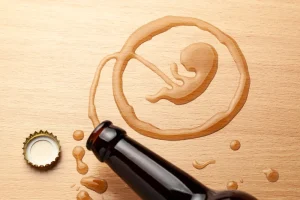
Remember that a relapse doesn’t mean failure — it simply means you need to adjust your recovery plan. Though it may initially feel like failure, it isn’t considered a failure if you follow these steps to get back on track. Remember to discuss relapse prevention techniques and make this a key area of focus in your revised recovery plan. While preventing relapse is the best way to ensure a smooth path to recovery, sometimes it isn’t possible. If you or someone you know has suffered a relapse, there are some critical steps to take after relapse occurs. These tips will help you get control of your addiction again instead of the other way around.
Embrace Recovery As A Lifestyle

Furthermore, if you have friends or family members who urge you to have ‘just one’ in social situations, this can make it harder to stay sober, as there is often guilt or shame involved. Being around friends and family who are alcohol or drug users can put more pressure on you to use drugs or alcohol as well. The most common stresses likely to lead to relapses are work stresses and marital problems, which are well known for contributing to relapses. Family or social stresses are also common contributing factors. A trigger can be a social or an environmental cue which reminds you of alcohol or drugs. Social cues could be being a friend who is a user, or seeing a drug dealer, perhaps even a bartender you knew well as an alcoholic.

Mental Health Treatment
Once you’ve taken responsibility for your actions and removed yourself from situations where you could use again, the next step is to get help. Addiction relapse is by no means an uncommon occurrence, and many addiction treatment programs offer guidance for people who have https://ecosoberhouse.com/ relapsed or are in danger of doing so. Reaching out and getting professional help should be a top priority once you’ve decided to get your life back on track. The help of a strong support system such as friends, family, community members and a sponsor is very beneficial after a relapse.
- SAMHSA defines recovery as a process of change through which individuals improve their health and wellness, live self-directed lives, and strive to reach their full potential.
- Once a person has become thoroughly addicted to a substance, using it is no longer a choice.
- West Coast Recovery Centers believes in providing support and guidance.
- If you have relapsed, there is probably a hole in your recovery plan.
- Being able to face up to it right after a relapse happens helps greatly, whether you take steps to get back to sobriety or not.
How to Recognize Early Warning Signs of Relapse
- When relapses occur, they often begin before the physical relapse actually happens, often in the shape of stress, anxiety, anger, and other negative emotions.
- Sharing can help you create a connection with others and can bring a boost of confidence, knowing that if others have gotten back on track, you can, too.
- Alcohol addicts may relapse for various reasons, and relapse is a common occurrence in addiction recovery.
Family or friends who still partake in your substance of choice may pressure you to do the same. Other times, just being around people who are drinking or using can be a trigger and lead to a relapse. Having friends or family who drink or use is a strong predictor of relapse. You’re still the person who attained sobriety, and a relapse can be an opportunity to further strengthen your recovery process in the future. These drug addiction are the initial warning signs that a recovering person may be skirting the edge of a relapse, and it’s important to recognize them as soon as possible. At this stage, the individual may not even be aware that they’re in danger of a relapse.
Recovery from alcohol or drug addiction is rarely what to do after a relapse straightforward, and it does often involve going through challenges, which you can deal with as and when they happen. Many people who relapse multiple times begin to lose faith that they can recover. Learn about opportunities to help change the conversation around mental health. For people who are concerned about their use of alcohol, drugs, or other behaviors, like gambling or self-harm. Celebrate your victories, learn from your setbacks, and keep moving forward.

Some people can overcome physical dependence to a drug without committing to living a healthy life in recovery. Dry drunks, for example, are sober people in recovery who continue to engage in risky behaviors that increase their risk for relapse. Signs of a dry drunk include attending bars, refusing to seek therapy and obsessing over alcohol. A lot of negative occasions in life are triggered by substance abuse.

Steps involved in creating a relapse prevention plan
Antipsychotics work so well for me that over the course of more than two decades, I have never had a psychotic break while on an antipsychotic. In fact, I haven’t experienced any symptoms of schizophrenia either while on medication over the past 25 years. However, I recently switched antipsychotics to an unusual one to try alleviating a side effect, while also experiencing a particularly stressful period of my life. I suddenly had some auditory hallucinations that made me concerned and alarmed.

